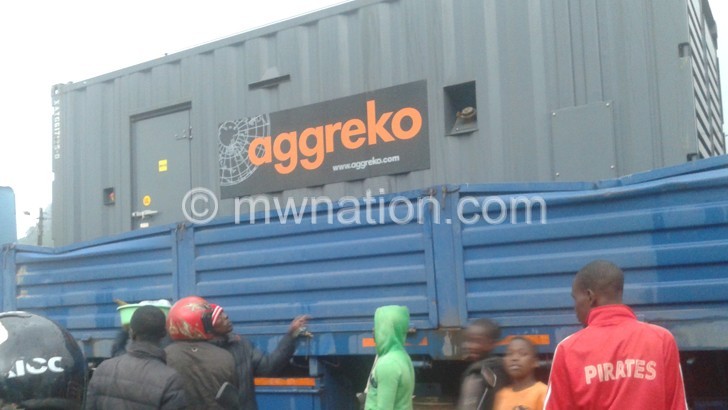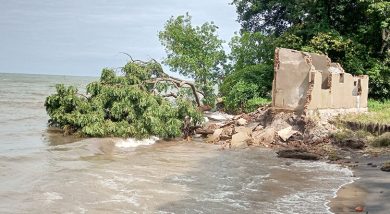Firms ready to pay more for improved power supply—report
Industry is ready to pay higher tariffs for improved supply of electricity, an enterprise baseline study has shown.
The study, whose results were released at a dissemination conference in Lilongwe yesterday, was conducted by the United States of America (USA)-based consulting firm Social Impact from 2015 to 2016 and engaged 1 024 enterprises to document the baseline energy situation and challenges that firms face. It also evaluated business attitudes towards the tariffs.

Reads the report of the study in part: “When asked what increase in electricity tariffs they would be willing to pay if outages could be reduced by either half or almost entirely eliminated, most respondents indicated some willingness to absorb higher tariffs for improved service, depending on the size of the effectiveness of power.”
The study further indicates that respondents opting for outages to be halved were willing to pay up to 10 percent higher tariffs on average while those going for almost entirely eliminated outages were willing to pay as high as 21 percent higher tariffs on average.
During a plenary session, one of the consultants, Daniel Sabet, challenged Malawians to get used to rising electricity tariffs, arguing that improved services elsewhere incur higher costs.
He said: “It is really hard to agree to any increase in tariffs. Human nature dictates so, but I would quickly advise people to get used to it as it is the only way, unfortunately so, that services are improved around the globe amid increasing demand for the same.”
In an interview, Millennium Challenge Account-Malawi (MCA-M) power sector reform director Grace Simwaka said the programme is working with Electricity Supply Corporation of Malawi (Escom) to help restore public trust in the electricity parastatals.
Social Impact conducted the survey as part of an evaluation of the five-year Millennium Challenge Corporation (MCC) $350 million (about K257.3 billion) Infrastructure Development (ID) and Power Sector Reform (PSR) projects which expires on September 20 2018.
Firms were randomly selected from Escom’s customer rolls, with 55 percent of the sampled three-phased and 40 percent of the sampled maximum demand customers responding to the survey, which also covered firm characteristics and business environment, including the extent electricity is an obstacle to growth, energy use and dependency on electricity, awareness and impression of the MCC compact.
However, the report showed that those who were very dissatisfied with the electricity supply were much more likely to view the tariff as unfair, suggesting that unreliable electricity is a major driver of dissatisfaction with the cost of electricity.
In recent years, Malawi has been grappling with unreliable power supply largely attributed to low investment in generation and transmission infrastructure and lately low water levels in Lake Malawi and its sole outlet, Shire River—home to 95 percent of Electricity Generation Company (Egenco) hydro-power stations.





